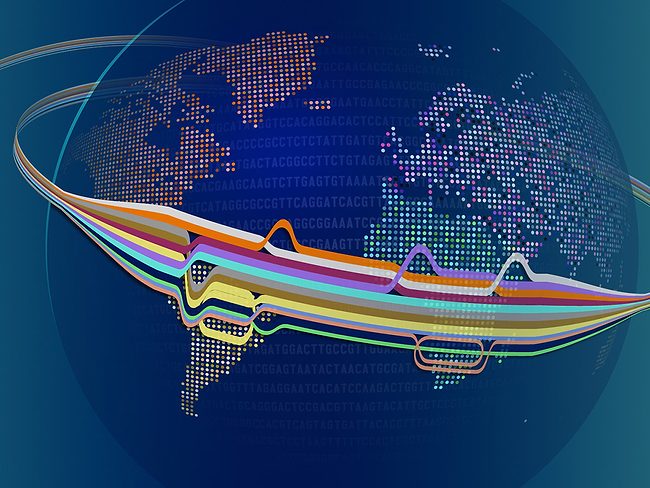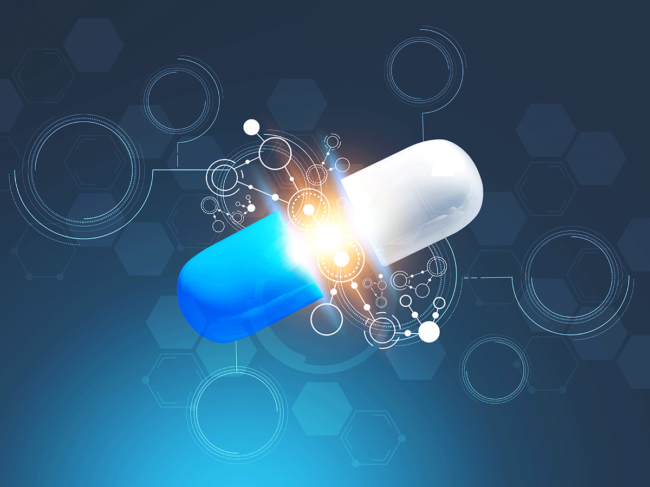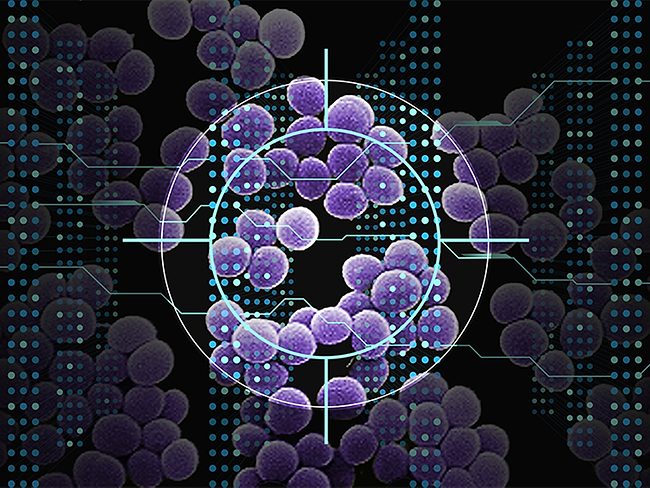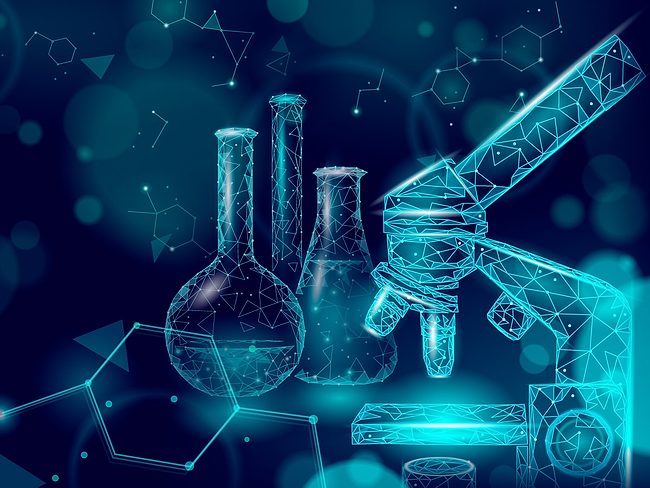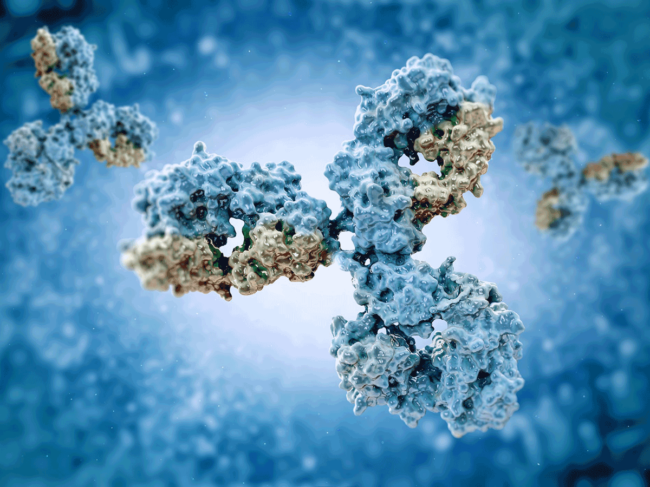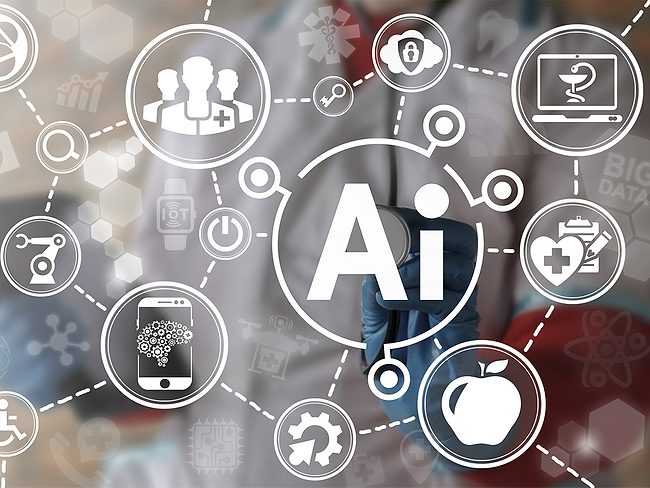
Artificial intelligence, BioWorld Science
Drug Design, Drug Delivery & Technologies
Ono and Evqlv sign antibody discovery collaboration agreement
Read MoreDrug Design, Drug Delivery & Technologies
Postera and Amgen enter AI-led multitarget collaboration
Read MoreDrug Design, Drug Delivery & Technologies
Ibio launches Shieldtx antibody masking technology
Read MoreDrug Design, Drug Delivery & Technologies
Can-Fite enters AI-led drug discovery collaboration
Read MoreDrug Design, Drug Delivery & Technologies
Biomap and Sanofi collaborate to develop AI modules for biotherapeutic drug discovery
Read MoreDrug Design, Drug Delivery & Technologies
